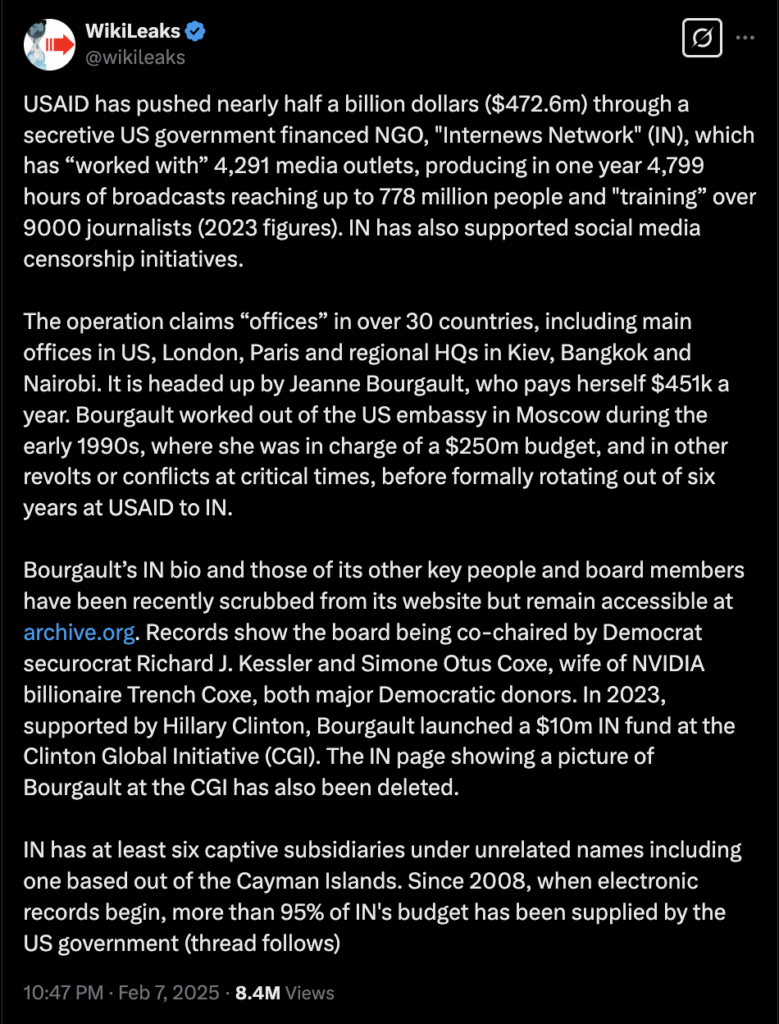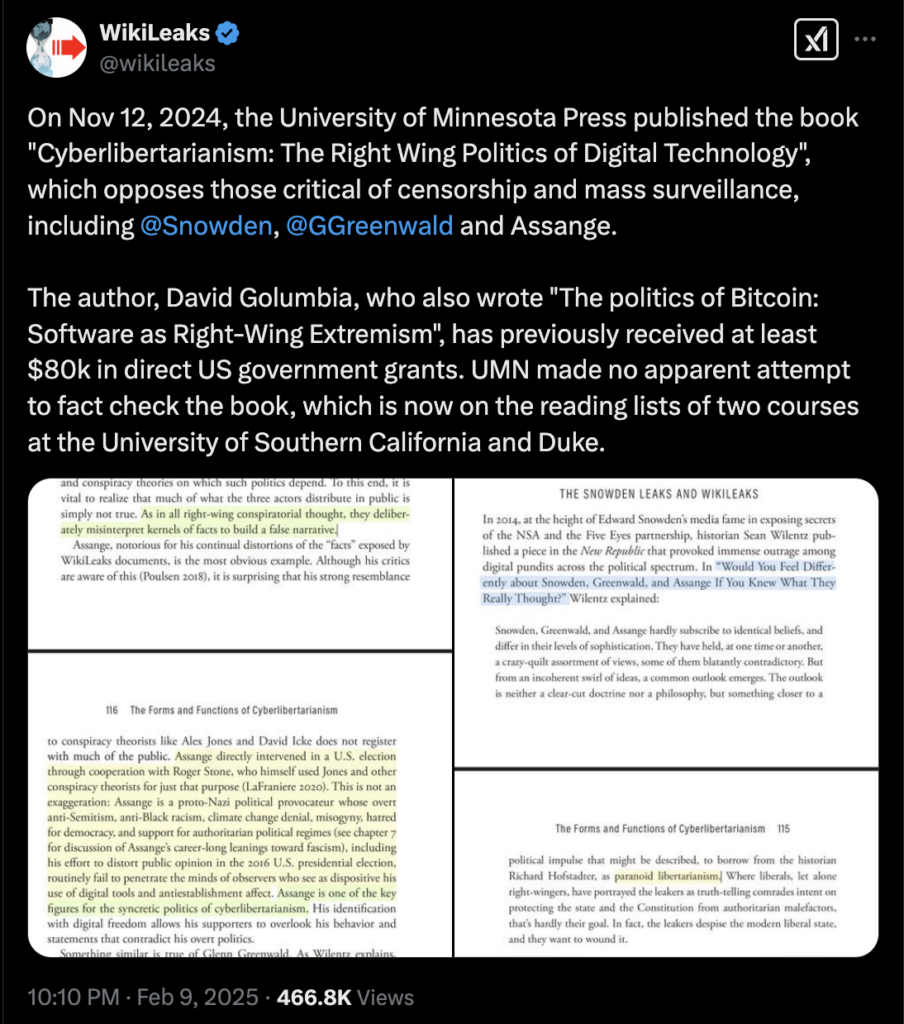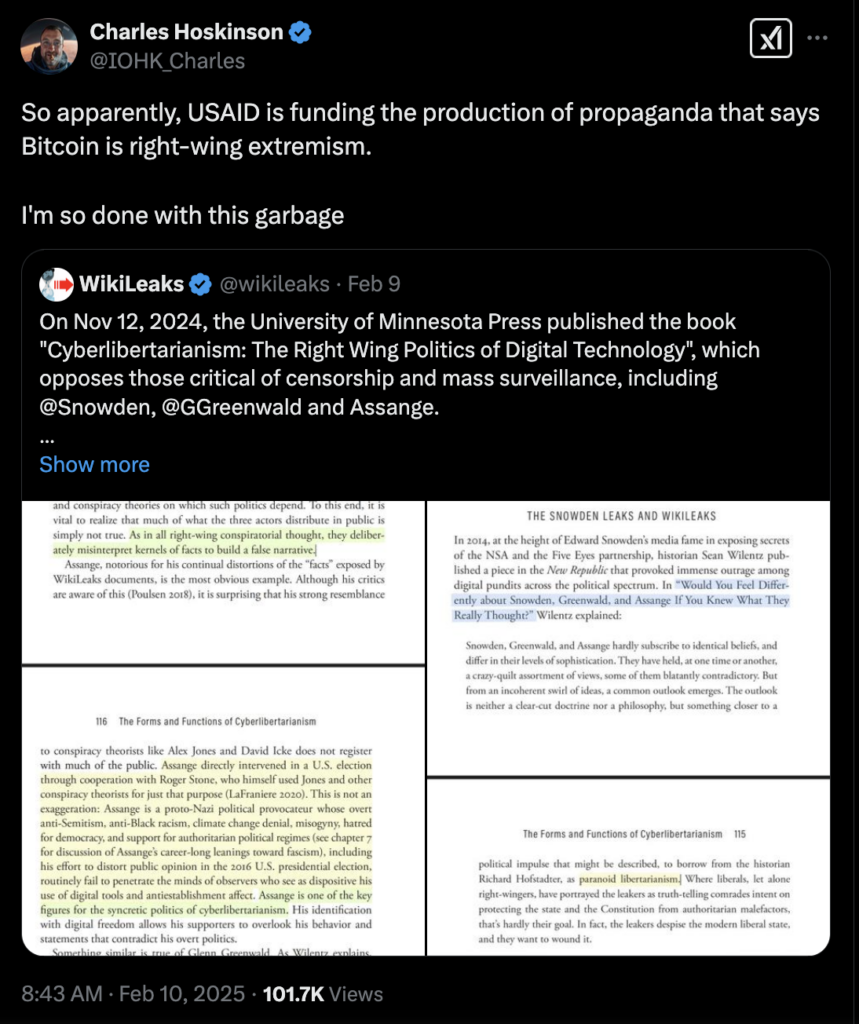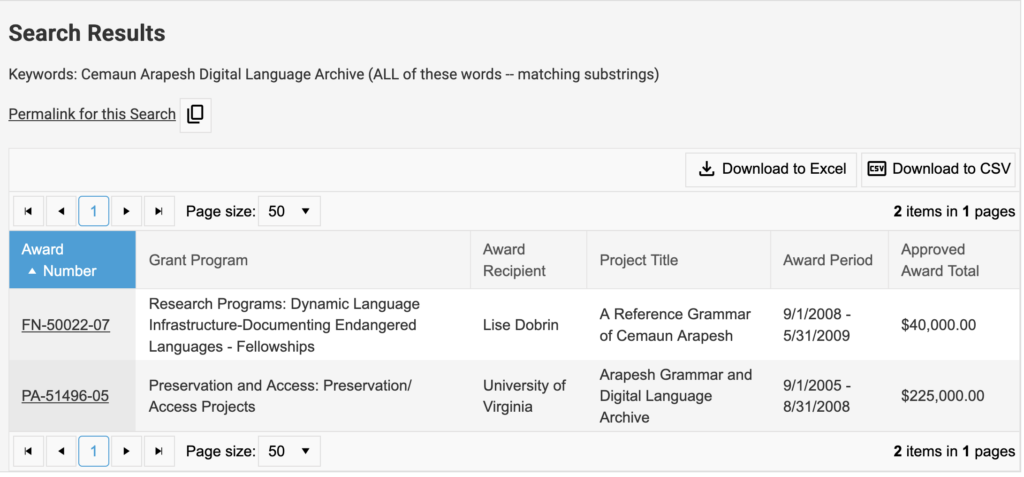On the February 10, 2025 episode System Update (Episode 402 of the podcast), Glenn Greenwald discussed WikiLeaks’ recent tweet about a recent book titled Cyberlibertarianism: The Right-Wing Politics of Digital Technology. This book, written by the late English professor David Golumbia and published by the University of Minnesota Press in November 2024, contains vicious attacks on figures like Edward Snowden, Julian Assange, and even Greenwald himself.
“Snowden, Assange, and Greenwald are not ‘truth tellers’ doing useful work whose personal right-wing politics should give those on the left pause,” Golumbia writes in Cyberlibertarianism. “The problem is deeper: they are fundamentally committed to advancing right-wing politics, using whatever truths they disclose as platforms to sow the untruths and conspiracy theories on which such politics depend. To this end, it is vital to realize that much of what the three actors distribute in public is simply not true. As in all right-wing conspiratorial thought, they deliberately misinterpret kernels of facts to build a false narrative” (115).
Though Golumbia levels far more criticism against Snowden and Assange than he does Greenwald, the System Update host was understandably defensive about these accusations.
Following a twenty-minute segment in which he covered WikiLeaks’ recent tweets about USAID, Greenwald transitioned into a discussion of Golumbia’s Cyberlibertarianism (at 34:19). Greenwald credited WikiLeaks with having discovered the book and its inflammatory passages, but in the midsts of the report, Greenwald made the bombshell announcement that the now-controversial USAID had funded Golumbia’s work on the book.

“This is one of the things that USAID actually did fund was the development of this book,” Greenwald reported, “and one of the purposes of this book was to attack those of us who have been defending free speech on the internet and opposing government surveillance. That’s what USAID was funding: attacks on American citizens who were expressing views that were contrary to the US security state. And principally in this book, three of the main villains are Julian Assange, Edward Snowden, and myself.” After reading several passages from Cyberlibertarianism, Greenwald added, “this is the first time I discovered that his work was actually funded by USAID to create this book that is now taught in college courses.”
Greenwald then showed the WikiLeaks tweet “summarizing” their findings that Golumbia received USAID money in support of his attacks on Snowden, Assange, and Greenwald.

Except—WikiLeaks never claimed that USAID funded the writing of Cyberlibertarianism. Instead, Wikileaks said that Golumbia “had previously received at least $80k in direct US government grants.” In fact, given that the verb was qualified with “previously” and given that the comment followed a mention of Golumbia’s previous book, The Politics of Bitcoin: Software as Right-Wing Extremism (2016), does not seem as though WikiLeaks was even implying that USAID funded Golumbia’s work on Cyberlibertarianism.
Given that WikiLeaks did not claim USAID provided funding to Golumbia, Greenwald must have either inferred the USAID relationship or he must have read it elsewhere. WikiLeaks original tweet was posted late on February 9, and early the next morning, February 10, Charles Hoskinson, co-founder of the blockchain engineering company IOHK and co-creator of multiple blockchain platforms, retweeted WikiLeaks, writing, “So apparently, USAID is funding the production of propaganda that says Bitcoin is right-wing extremism. I am so done with this garbage.” It is not clear whether Hoskinson was referring to The Politics of Bitcoin or Cyberlibertarianism—after all, Golumbia attacks cryptocurrencies in both books. But was is clear is that Hoskinson inferred that WikiLeaks’ comments about US government funding referred to USAID. Either Greenwald saw Hoskinson’s tweet (or other tweet like it) or he made the same inference. Either way, WikiLeaks did not originate claims about the supposed connections between USAID and Golumbia.

To be sure, WikiLeaks was correct that Golumbia previously received $80k in US government funding for his research. A quick search of the National Endowment for the Humanities (NEH) grants database reveals that Golumbia was the Principal Investigator or co-Principal Investigator on two NEH grants. The first NEH grant (FA-53200-07) fell under the Fellowships for University Teachers category, which awarded Golumbia $40,000 between September 2007 and May 2008 to support the writing of his first book, The Cultural Logic of Computation, which was published by Harvard University Press in April 2009. The second NEH grant (FN-50022-07) fell under the Dynamic Language Infrastructure-Documenting Endangered Languages Fellowships category, which provided Lise Dobrin (the PI), Golumbia, and other participants $40,000 between September 2008 and May 2009 to support a project aiming “to document the endangered Arapesh languages.” Between these two grants, we can see that WikiLeaks corrected reported the total government grant finding “previously” received by Golumbia, and in neither case was the funding awarded to support The Politics of Bitcoin or Cyberlibertarianism.

Some skeptics may assume that The Cultural Logic of Computation contained attacks on digital activists similar to those found in Golumbia’s later books, but that assumption would be incorrect. In fact, The Cultural Logic of Computation presents a sober, scholarly analysis of what Golumbia calls “computationalism,” a philosophical perspective that reduces everything, including human reason, to computer-like functions. Golumbia’s critique of computationalism is grounded not in a frantic obsession with supposed right-wing political conspiracies but in an interesting, sometimes compelling exploration of philosophical anthropology (or theories of human nature). While one can find an intellectual trajectory stretching from The Cultural Logic of Computation through The Politics of Bitcoin and Cyberlibertarianism, Golumbia’s first book bares almost no resemblance to the unhinged ranting and conspiratorial tone of his later works.
Greenwald’s report that USAID was funding “attacks on American citizens who were expressing views that were contrary to the US security state” was, therefore, false. We do not know whether USAID has funded other research along these lines, but in this instance, Greenwald’s incorrect report curiously aligns with Golumbia’s accusation that he “deliberately misinterpret[s] kernels of facts to build a false narrative.” Greenwald has a long track record of accurate reporting, and isolated mistakes won’t undermine his readers’ and viewers’ confidence in his journalism. But too many mistakes and he risks mutating into the very image his most extreme critics allege he already is.